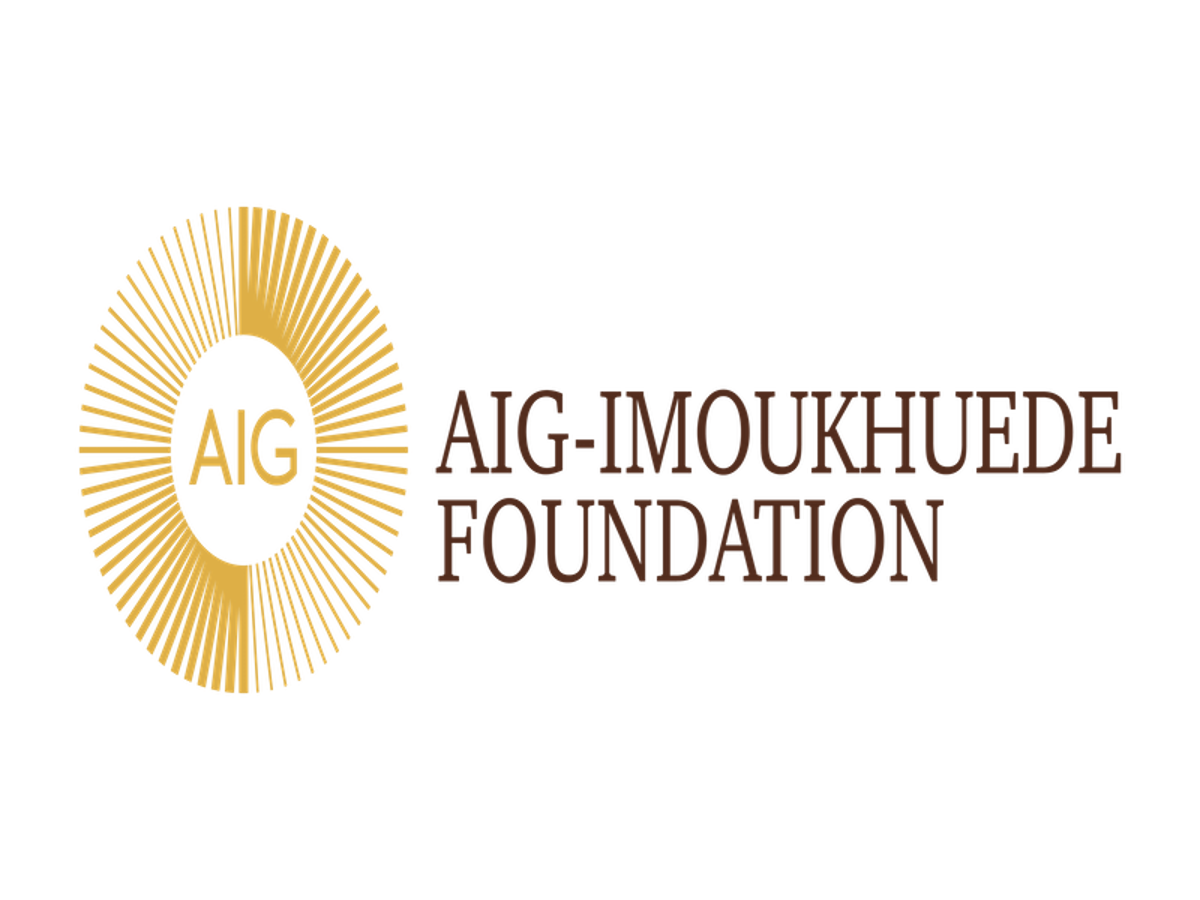On October 13 2022, this writer was a lead discussant at a book session in Abuja. The book’s title for discussion that day was Gambling on Development: Why Some Countries Win, and Others Lose.
The surmise of the book, authored by Professor Stefan Dercon, a renowned global policy practitioner and researcher, is that a nation’s development is not dependent on particularsets of policies but rather on a key development bargain made and committed to by the elite to shift from protecting their interests to gambling on a growth-based future for the country. This means that any country’s progress, retrogression, or stagnation depends on the consensus position of the elite. Using empirical evidence, the author espouses how and why some societies have made significant development strides that have positively touched the lives of their citizens and brought them out of poverty to at least the starting point of prosperity and why other societies have achieved the opposite, or even worse. With vivid examples of countries across Africa and Asia, Dercon refers to this developmental bargain as the elite consensus, which he says is the “underlying commitment to growth and development by members of a country’s elite. The people within the fabric of society, the economy, and politics, who make decisions or can disproportionately influence them”.
The book session in Lagos before it was held in Abuja was organised and sponsored by the Aig-Imoukhuede Foundation.
It is right to say that the Civil Service or civil servants belong to this elite corps, as they don’t just influence decisions but formulate or participate in the formulation and execution of the decisions and policies that touch and affect the citizens. Since the Civil Service has the levers of regulating, enforcing, and taxing all the other spheres of our society, an elite consensus by the civil servant will surely catapult Nigeria’s development. That is, if the civil servants decide to shift from protecting their interests and are altruistic in pursuing growth and development for our country, Nigeria’s arrival at utopia will be imminent.
This realisation is probably why the Aig-ImoukhuedeFoundation is investing time, funds, and human resources towards repositioning the Civil Service. That initiative is a commitment by Aigboje Aig-Imoukhuede CON., the Chairman of the Foundation, unarguably a member of Nigeria’s elite, to shift from protecting his personal intereststo gambling on a growth-based future for Nigeria.
In the last six years, the Aig-Imoukhuede Foundation has stealthily been driving a positive change in the Civil Servicethrough several initiatives to bring about a brighter future for Nigeria.
This writer is a beneficiary of one of these initiatives, the AIG Public Leader’s Programme (AIG PLP). Expected to run annually and train thousands of civil servants across Africa, the AIG PLP, which aims to inculcate positive values in civil servants, has modules covering ethics, decision-making, technology use, etc.
For the first two cohorts that have been held so far, there havebeen civil servants from NAFDAC, the National Library, NFIU, the Ministry of Works, the Bureau for Public Enterprise, and SERVICOM. The second cohort drew civil servants from the healthcare sector, Salaries and Wages Commission, CAC, NNPC, CBN, Accountant General’s office, FIRS, and UBEC, amongst other MDAs in the federal and state Civil Services. The training of diverse civil servantsacross the Civil Service spectrum means that at the end of 10 years, there will be a critical mass of change agents in all, or almost all, the MDAs, driving this elite consensus in their decision-making to the greater benefit of the country.
The initiatives being sponsored by the Foundation will driveCivil Service Reforms, encompassing culture change, that will bring about a merit-based system of thinking and operating that will place at the core of the Service positive values such as accountability, loyalty, meritocracy in Civil Servants thereby enabling an effective Civil Service.
The Foundation is also supporting another initiative to institutionalise performance management across the Serviceand digitalisation, which will enhance efficiency, transparency, and collaboration amongst MDAs. This will undoubtedly improve service delivery in the Civil Service by shrinking time lags, streamlining unnecessary processes, and plugging resource wastages and corruption conduits.
The Foundation is also supporting the OHCSF’s Leadership Enhancement and Development Programme, a training course for civil servants in grade levels 10 to 14 that, among other things, places qualified civil servants in an eight-week internship in private sector organisations. This internship allows upper-middle-level officers to gain practical experience in efficient work processes, organisational values, ethics, innovation, and effective management styles.
The Foundation’s investment in technology and human capacity development is a watershed for the turnaround of the Civil Service, which many consider to be lacklustre, towards driving the growth of our country.
Putting all these initiatives together is a big gamble, but one that this writer is very optimistic about; galvanising the Civil Service and redirecting its focus to dutiful, altruistic, and patriotic service will see our country on a fast-forwardjourney to comfort.
Orvell-Dio is the Head, Public Relations Division at the National Library of Nigeria and was in the first cohort of the AIG Public Leaders Programme.






Comment
No comments found.